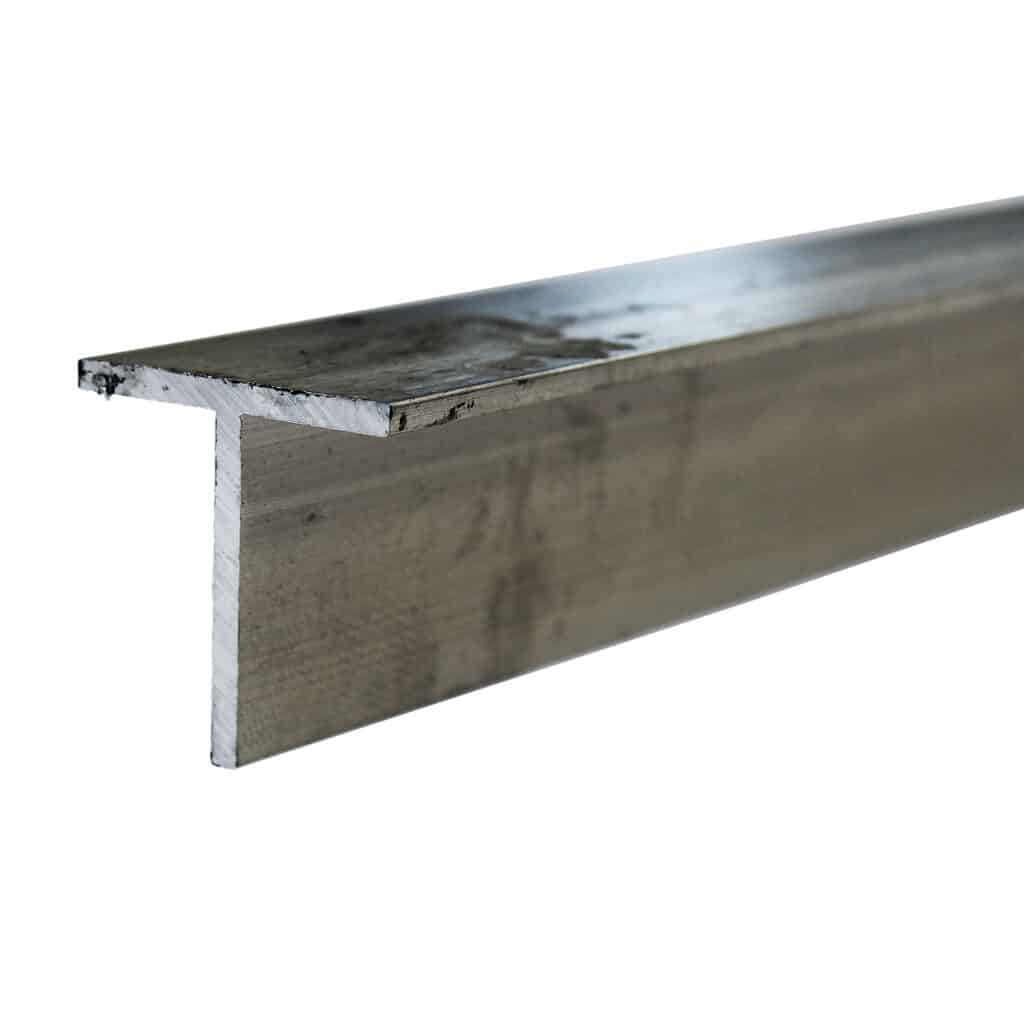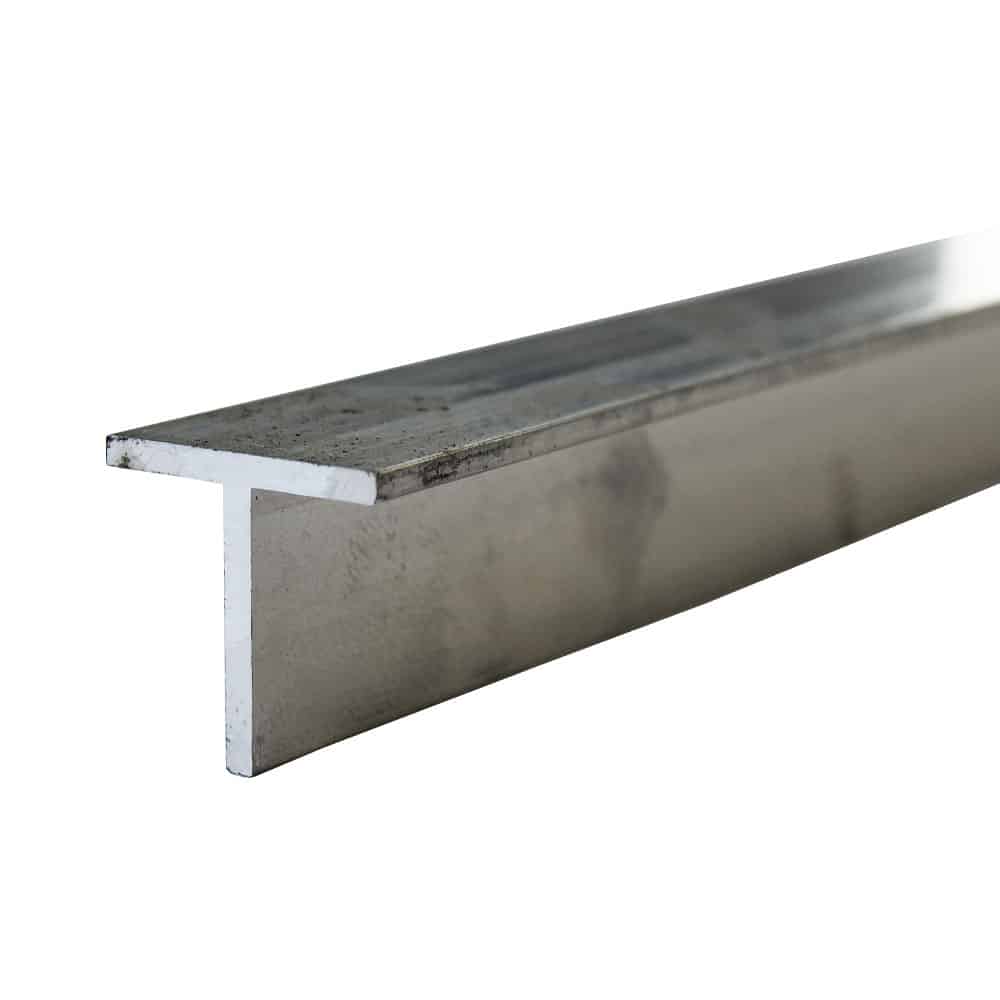- Massive Range
- FREE UK Delivery
- Rapid Dispatch
- Massive Range
- FREE UK Delivery
- Rapid Dispatch
- Massive Range
- FREE UK Delivery
- Rapid Dispatch
Menu
£8.62 – £32.38 inc VAT

If you are on the hunt for durable, versatile and cost-effective metal pipes, look no further than Speciality Metals’ 32 x 2mm Round Mild Steel ERW Round Tubes. These pipes come in various lengths, making them a great option for any project you may have in the works. Not only are they recyclable, but they also have excellent welding, forming, bending and machining abilities. So whether you are a DIY enthusiast or a professional contractor, these metal pipes are sure to meet and exceed your expectations. Trust us – you won’t be disappointed with the quality and value of these tubes.
32 x 2mm round mild steel metal pipes are used in many structural and engineering applications. The size refers to the outside diameter and then the thickness of the wall.
ERW means Electric Resistance Welded. ERW round tube is made when steel strip is welded to form a tube shape. The tube is continuously seam welded which means that there is a neat weld running along the inside of the tube.
Mild steel round tube is widely used in a variety of applications and also comes in both square and rectangular options.
If you’re in the market for sturdy, versatile metal pipes, consider the 32 x 2mm Round Mild Steel Metal Pipes from Speciality Metals. These pipes come in various lengths and offer excellent welding, forming, bending and machining abilities. They’re also highly durable, making them a cost-effective choice. And, perhaps best of all, these metal pipes are recyclable, so you can rest easy knowing you’re doing your part to reduce waste. Whether you’re working on a construction project, manufacturing goods or doing DIY repairs, these metal pipes offer the versatility and durability you need.
Speciality Metals is known to be the United Kingdom’s best up-and-coming small-quantity metal company.
Furthermore we stock a vast range of round tube options that compliment our mesh range perfectly.
Over 50,000 customers of Specialty Metals are provided with fast, friendly customer service every year. We’re the place to try when you need metal of any shape and size. We’re based in Warrington, UK. We pride ourselves on our rapid turnaround and a large range of options.
Key information:
We also carry a wide range of mild steel sheet metal, angle iron and flat bar.
Mild steel is a quality strong metal. However it is not rust proof and may do so over time. Please use galvanised or stainless steel if you need resistance to rust. If this metal tube does show signs of rust then simply remove this with WD40 or fine sanding.
The grade of plain steel that we have available has mechanical properties that provide excellent machinability, formability and weldability.
Mild steel can be welded and it’s also suitable for painting. Mild steel is a magnetic grade of metal. Magnets will stick to this sheet but it is not itself a magnet.
Production Implications:
The production stage of mild steel metal pipes is particularly impactful on the environment. The primary raw material for steel, iron ore, is extracted through mining processes that can lead to habitat destruction, soil erosion and water pollution. Furthermore, steel production is highly energy-intensive, predominantly relying on non-renewable energy sources like coal. This not only contributes to significant CO2 emissions but also results in the release of pollutants such as sulfur dioxide, nitrogen oxides and particulates.
Usage and Maintenance Implications:
During the usage phase, the inherent qualities of mild steel come into play. Mild steel is susceptible to corrosion unless adequately protected. This susceptibility may lead to a need for more frequent repairs or replacements compared to materials that resist corrosion more effectively. Additionally, maintenance activities can also have environmental repercussions. For instance, the coatings and treatments applied to prevent rusting in mild steel pipes might contain environmentally harmful substances. Some paints and coatings may release volatile organic compounds (VOCs), which have potential detrimental effects on the environment.
End-of-Life Implications:
A significant advantage of mild steel is its recyclability. When a mild steel pipe reaches the end of its usable life, it can be recycled, consuming far less energy than producing new steel from raw materials. This recycling potential dramatically reduces the environmental impact associated with steel’s disposal. However, if mild steel items are not recycled and instead end up in landfills, they contribute to waste accumulation.
Transportation Implications:
The movement of raw materials to production facilities and the distribution of the finished pipes to end-users can also have environmental consequences. These stem primarily from fuel consumption during transportation and the associated emissions.
Considering Alternatives:
When evaluating the environmental implications of mild steel pipes, it’s also essential to weigh them against potential alternatives. Other materials, such as plastics or different metals, might offer specific benefits for certain applications. However, these alternatives come with their own unique sets of environmental challenges. Thus, making an informed decision requires a holistic view of both the direct and indirect impacts of each material choice.
Making eco-conscious decisions about mild steel pipes requires a comprehensive understanding of these implications, from production to end-of-life. With this knowledge, one can implement practices that minimise negative environmental impacts while leveraging the benefits of mild steel.
Mild steel metal pipes have become an integral part of contemporary architectural designs, favored for both their aesthetic appeal and structural capabilities. Their malleability allows architects and designers to experiment with shapes and forms, creating intricate and bespoke structures. These pipes can be used as structural elements in buildings, offering strength and support, or they can be employed decoratively, such as in railings, staircases and balustrades. With the option to paint, powder-coat or galvanise them, mild steel pipes can be tailored to fit any design palette, enhancing both interior and exterior spaces. Furthermore, their industrial appearance aligns well with modern and industrial design trends, providing a raw, minimalist and edgy look. However, it’s crucial to apply protective treatments when using mild steel pipes in architectural projects, especially in environments susceptible to moisture, to ensure longevity and resist corrosion. Their blend of form and function makes mild steel pipes a valuable asset in the realm of architectural design.
Mild steel pipes can be bent without breaking, but the process requires careful attention to certain factors:
Thickness of the Pipe: The wall thickness of the pipe plays a significant role in its ability to be bent. Thicker pipes offer more resistance to bending, while thinner pipes are more malleable but can kink or deform more easily if not bent correctly.
Radius of the Bend: A gradual bend over a larger radius will typically impose less stress on the pipe than a sharp bend. The tighter the radius, the more likely the pipe might deform or even crack, especially if not handled correctly.
Bending Technique: There are various techniques to bend pipes, such as rotary draw bending, press bending and roll bending. Using appropriate equipment, like a pipe bender, ensures the force is distributed evenly, reducing the risk of kinks or breaks.
Pipe Condition: Pipes that have been subject to wear, corrosion or previous stress are more prone to breakage than new pipes. Always inspect the pipe for any signs of damage before bending.
Heat Treatment: Applying heat to the bending area can make the steel more malleable, allowing for tighter bends without breaking. However, one should be careful not to overheat the metal, which could compromise its structural integrity.
Grain Direction: The direction of the grain in the steel can influence its bendability. Bending with the grain direction can reduce the likelihood of breaking compared to bending against the grain.
In summary, while mild steel pipes can be bent without breaking, ensuring the correct technique, equipment and consideration of the material’s properties is essential to achieving a successful bend without causing damage.
Check out our blog discussing ‘What is Steel Box Section?‘. It will prove a useful read to help you to make an informed decision on which material would work best for you.
We are also very proud of our ever expanding YouTube channel.
Our goal for our blogs and help guides is to answer as many questions as possible to help to explain the possibilities of mesh to our customers. Contact us today if you have any questions at all. We are always really keen to help in any way that we can.
We are also very proud of our highly popular eBay store, check us out there too.
£16.49 – £44.99 inc VAT
£15.49 – £39.99 inc VAT

£16.49 – £44.99 inc VAT

£15.49 – £39.99 inc VAT
Speciality Metals
Unit 1, Farrell Street, Warrington,
Cheshire, WA1 2WW, United Kingdom
Quick Links
Payment Options
